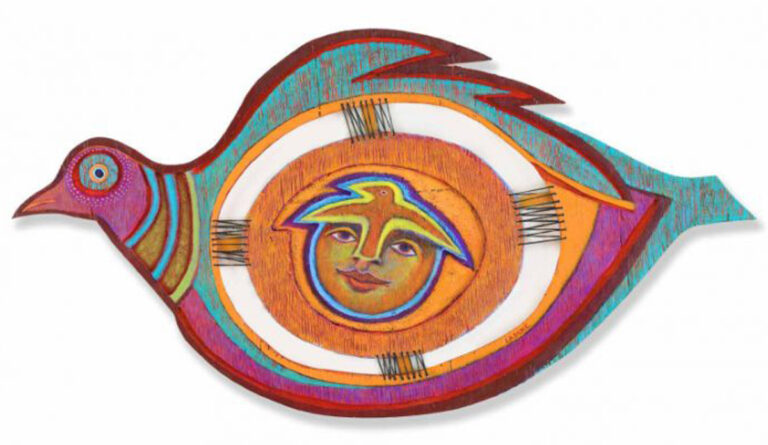The role of the free press is to hold power accountable, especially those who would wage war. Press freedom itself is currently on trial in London, as Julian Assange, founder and editor-in-chief of the whistleblower website Wikileaks, fights extradition to the United States over an ever-evolving array of espionage and hacking charges. If extradited, Assange faces almost certain conviction followed by up to 175 years in prison. His unjust imprisonment would also shackle journalists worldwide, serving as a stark example to anyone daring to publish leaked information critical of the U.S. government.
U.S. prosecutors allege that Assange conspired with Chelsea Manning, a Private in the U.S. Army, to illegally download hundreds of thousands of war logs from Iraq and Afghanistan, along with a huge trove of classified cables from the U.S. State Department.
The first disclosure from this massive whistleblower release was a video that Wikileaks called “Collateral Murder.” It was recorded aboard a U.S. Apache helicopter gunship as it patrolled the skies above Baghdad on July 12, 2007. The Apache crew recorded video and audio of their slaughter of a dozen men on the ground below, including a Reuters cameraman, Namir Noor-Eldeen, 22, and his driver, Saeed Chmagh, 40. After the initial high-calibre machine gun attack, a van arrived to help the wounded. The Apache crew received permission to “engage” the van and opened fire, tearing apart the front of the vehicle, injuring two children in the van. Reuters had unsuccessfully sought the video for years.
Before long, The New York Times, The Guardian and Der Spiegel had worked together with Wikileaks and Assange, publishing stories based on the disclosures. They detailed war crimes committed by U.S. forces in Iraq and Afghanistan, torture at CIA blacksites, abuses at the U.S.’s notorious Guantanamo Bay prison camp, and cynical diplomatic dealings by State Department officials.
“It is a clear press freedom case,” Jennifer Robinson, one of Julian Assange’s attorneys, said recently on the Democracy Now! news hour. “The First Amendment is understood to protect the media in receiving and publishing that information in the public interest, which is exactly what WikiLeaks did.” Continue reading online at https://www.democracynow.org/2020/9/17/julian_assange_and_press_freedom_on


